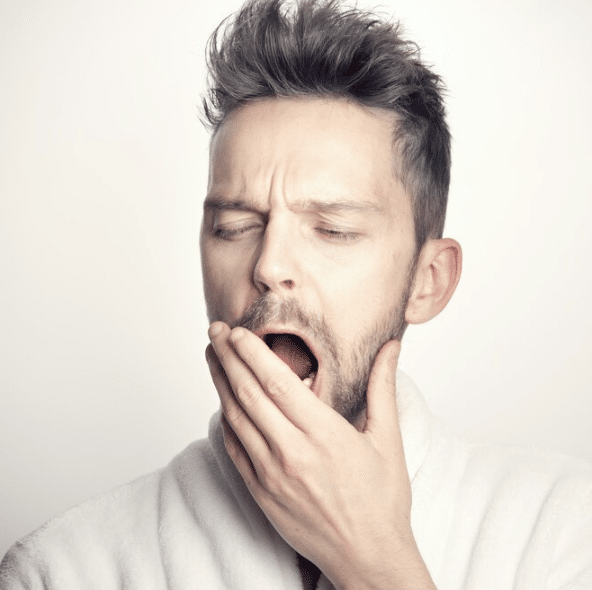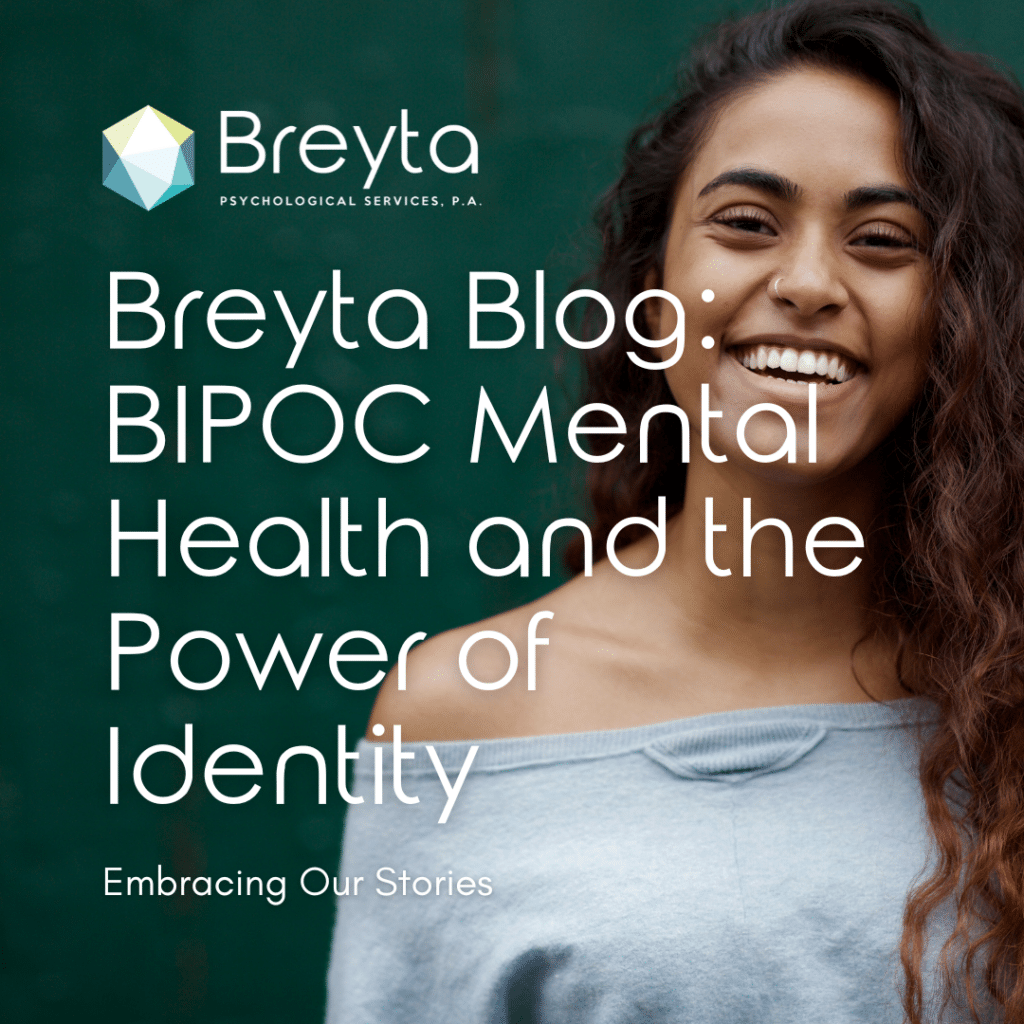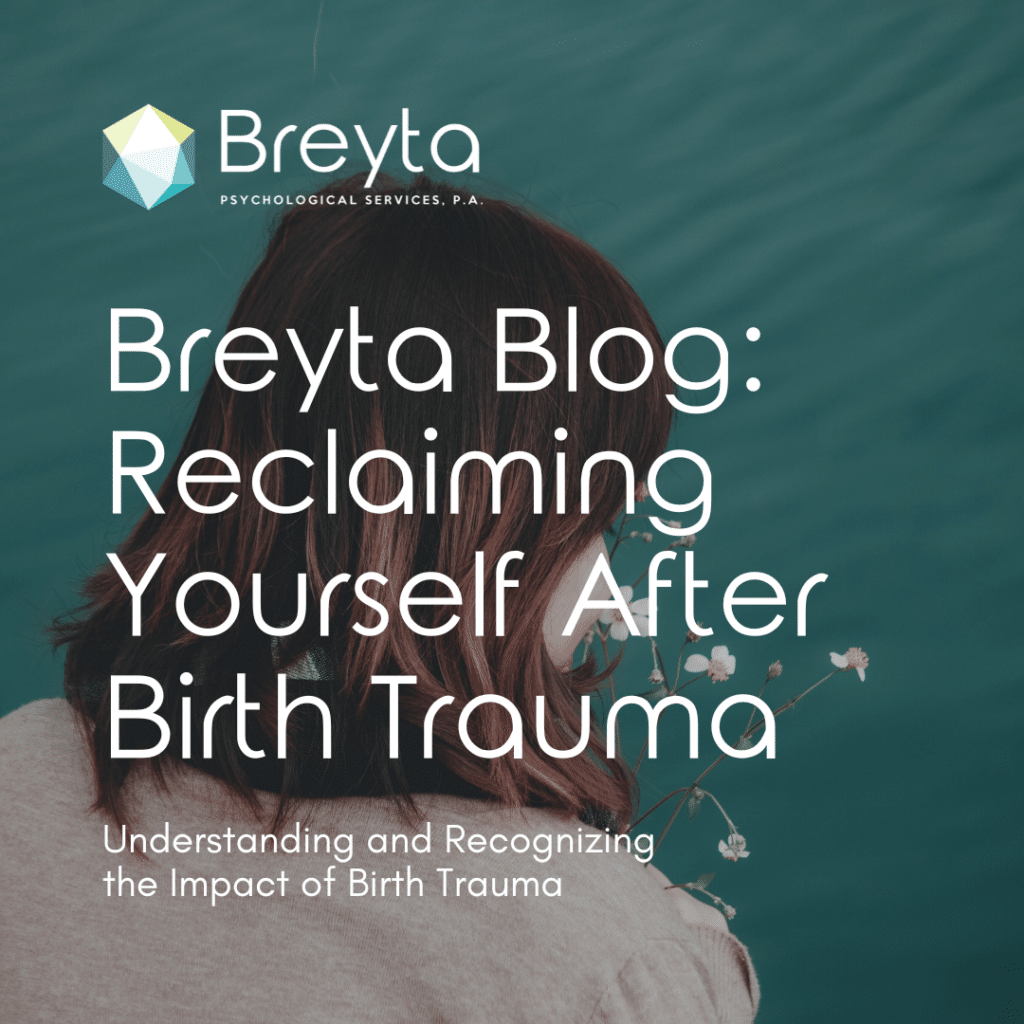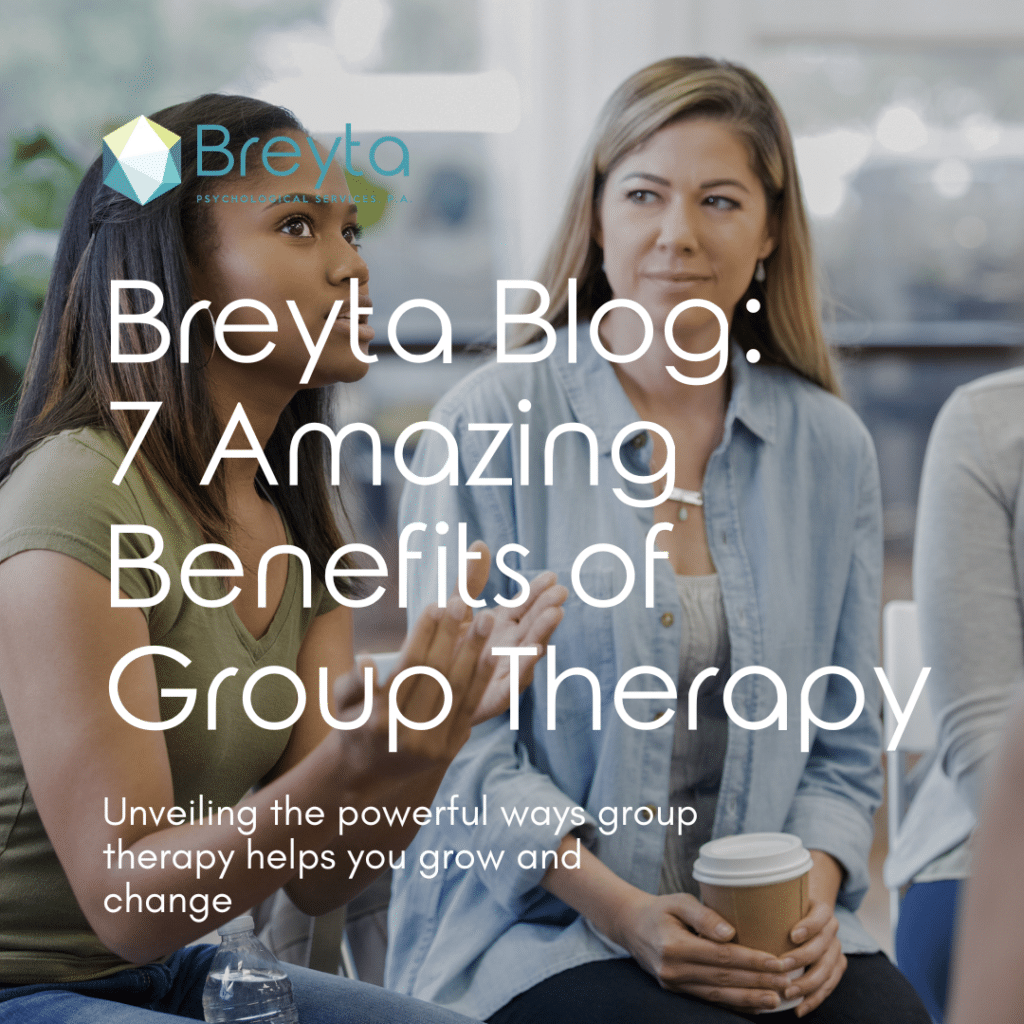You’re tossing and turning at night. You just can’t seem to catch any shut-eye, and when you force yourself out of bed in the morning, you’re worried that the next night will just bring more of the same. You know that your concentration and mood will suffer if you can’t get to sleep, but stressing out about trying to sleep only seems to keep you up even later.
This is all too common. Anxiety and insomnia often go hand-in-hand.
Needless to say, this proves frustrating for people who struggle with these conditions. But why do anxiety and insomnia often feel like they’re one and the same? Here’s why anxiety and insomnia can fuel each other, and how you can work to address both issues at the same time.
Mental and Physical Health Connection
The amount of sleep you get—and the quality of your sleep—affect your mental and physical health. So if you’re getting plenty of restful sleep, you’ll be able to focus during the day, feel energetic, and likely be in a better mood?
So what if you’re not getting enough sleep? Or maybe you try to get seven or eight hours of sleep each night, only to find yourself waking up throughout the night. This can exacerbate existing mental health issues or even contribute to the onset of anxiety or depression.
The Anxiety and Insomnia Cycle
When you understand the connection between sleep, your mental health, and your physical health, it’s easy to see why insomnia and anxiety often begin at once. For example, if you’re up all night, there’s a good chance you’ll feel anxious and stressed the next day. On top of that, as it gets later, you’ll probably worry about whether or not you’ll be able to sleep, which will only keep you up later.
Fortunately, since anxiety and insomnia are so closely connected, they’re both treated using similar methods.
Relaxation Techniques
Basic relaxation techniques aren’t necessarily a cure for anxiety or insomnia, but practicing these techniques can help \ alleviate the symptoms. For example, try meditating for a few minutes in the morning after waking up and in the evening before you go to bed. You could also incorporate gentle yoga into your daily routines. Deep breathing is another method to soothe your nervous system.
Lifestyle Changes
Sometimes, making a few simple lifestyle changes can help you fall asleep more easily at night. For example, consuming lots of caffeine can worsen your anxiety symptoms, and it can also keep you up at night. Regular exercise is also something that can help you release any tension you’re feeling. Plus, working out releases endorphins, which lift up your mood!
Finally, adjusting your diet can also help. Aim to choose nutritious foods that will leave you feeling full and energized enough, so you don’t feel an energy crash in the middle of the day.
Structured Routines
Sticking to predictable routines can enable you to get to bed earlier. When you know what to expect from your schedule day in and day out, you might notice that you’re not feeling quite so anxious. Scrambling around in the morning as you try to get ready for your day, or rushing to wrap up work in the evening, can make your anxiety worse, and in turn, make it hard to sleep. Instead, try implementing daily routines to stay on track.





